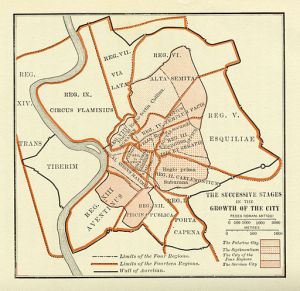I recently read the two of Christopher Marlowe’s plays I had left to read, and I also reread King Lear.
I don’t have much to report about Dido Queen of Carthage. I’m not a great fan of The Aeneid, so it’s probably my problem, not Marlowe’s. I was interested by the appearance of phrases from better known plays, such as “winter’s tale”, “hurly-burly”, and most notably, Marlowe’s own, “make me immortal with a kiss”.
The Massacre at Paris was a bit more rewarding. The Jew of Malta begins with a great monologue on Machiavelli:
Albeit the world think Machevill is dead, Yet was his soul but flown beyond the Alps, And now the Guise is dead, is come from France, To view this land, and frolic with his friends…
Well this play is about that same Duke of Guise. With the pretext of defending the church, he murders his political enemies, flouts the will of the king, and sets in motion the famous St. Bartholomew’s Day Massacre. As a card player I liked the lines where the Guise tells himself
Since thou hast all the cards within thy hands, To shuffle or to cut, take this as surest thing, That, right or wrong, thou deal thyself a king.
Having read this I can better imagine the poisonous political and religious atmosphere of the times, and appreciate Marlowe’s involvement with it, an involvement that may have cost him his life.
Lear‘s great reputation and my having read it in school are two reasons why I felt particularly guilty for never really having a handle on it. This rereading helped, but I’m sure I have a long way to go. This time around it struck me that Shakespeare deliberately conceals a lot of what might lead us to blame the elder sisters more, or even just help us understand the war that takes place mostly off stage. The beginnings of division between the sisters and the threat to Lear’s life are alluded to but never really made concrete. Perhaps he leaves the politics out of it in order to focus on individuals’ cruelty, which would explain partly why this is such a grueling and mysterious play.


